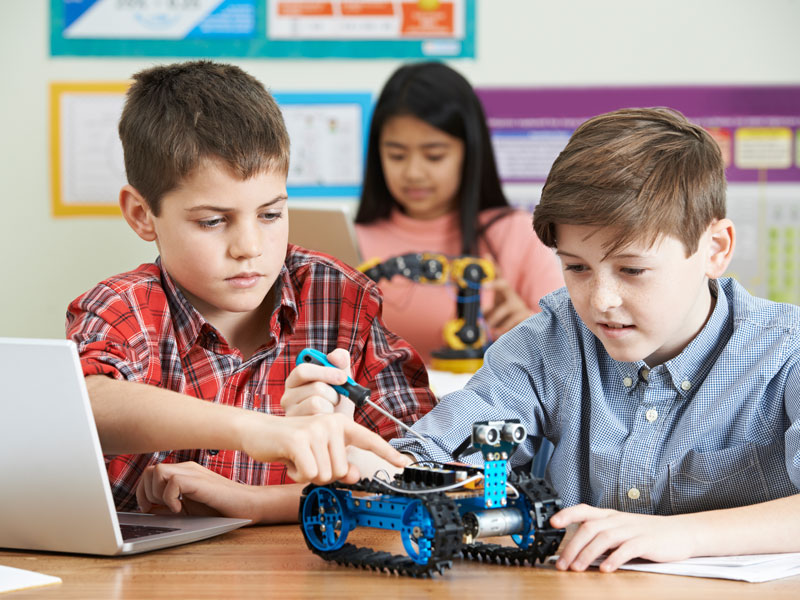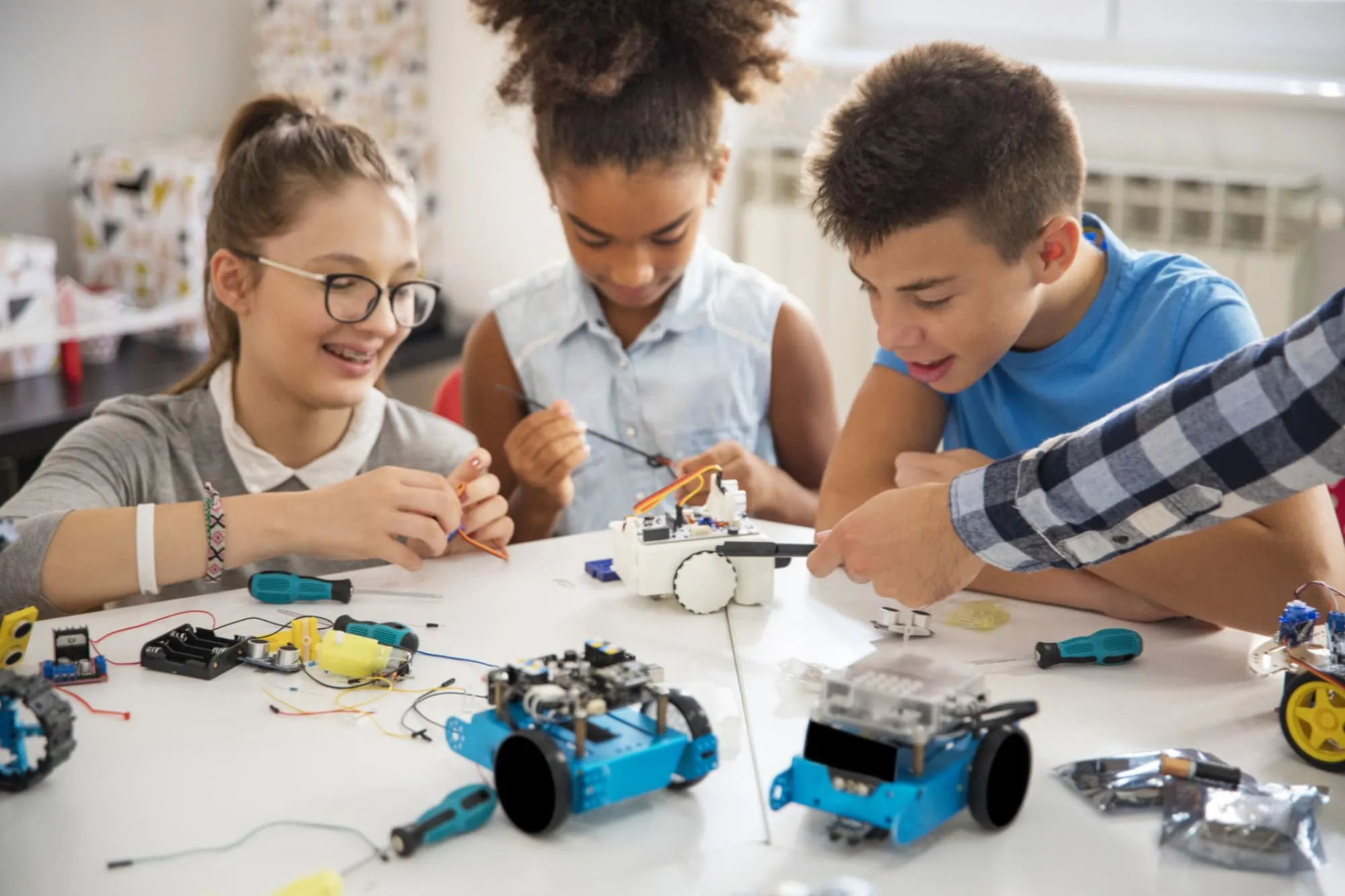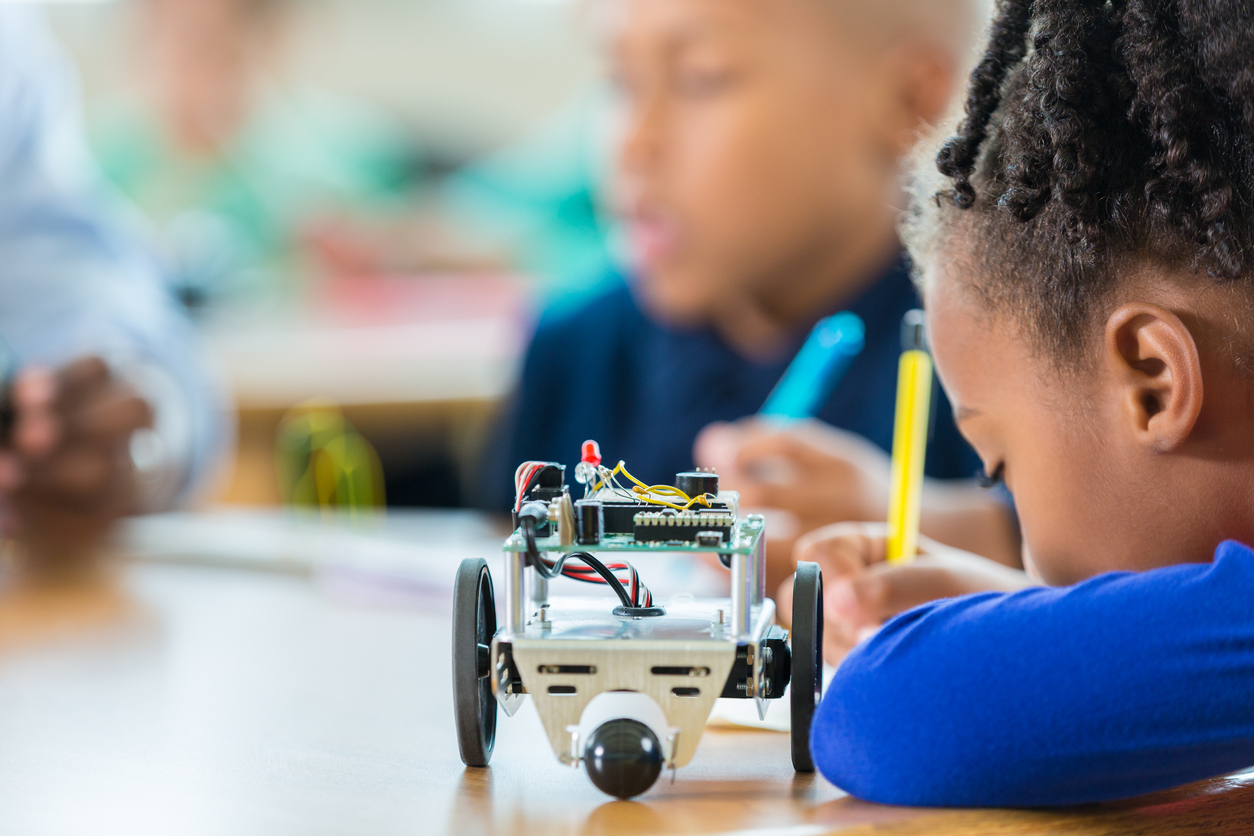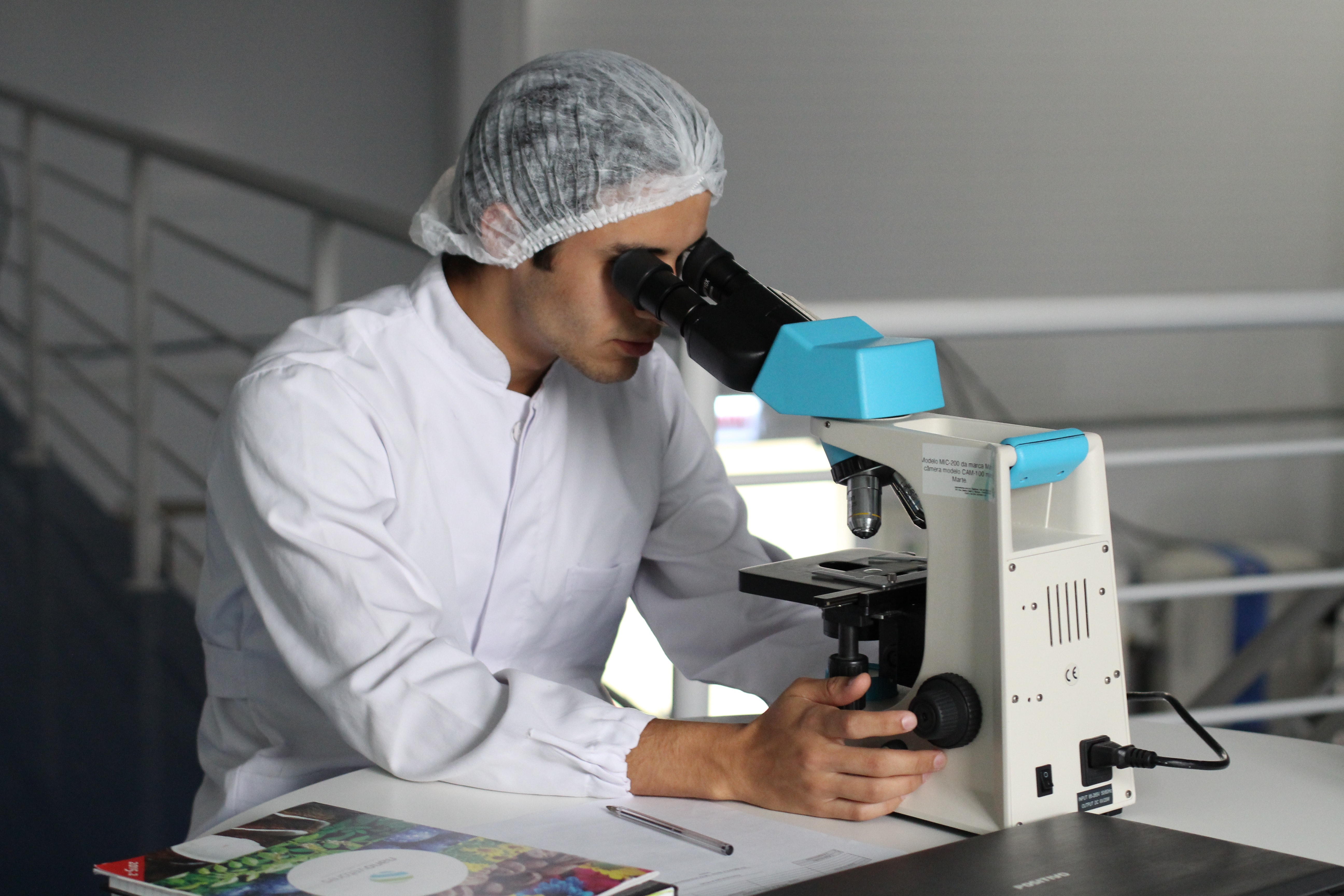
This course is designed to introduce students to the principles of engineering through hands-on projects and activities. Students will have the opportunity to work through a variety of mini engineering projects in which they will be introduced to the physics of the world around them. These projects may include tasks such as building simple machines, designing structures, or creating prototypes of new products. Through these activities, students will learn about concepts such as force, motion, energy, and materials, and will develop skills in areas such as problem-solving, critical thinking, and teamwork.

Students will have the opportunity to work through a variety of mini engineering projects in which they will be introduced to the physics of the world around them. Through these activities, students will learn about concepts such as force, motion, energy, and materials, and will develop skills in areas such as problem-solving, critical thinking, and teamwork.

In the project-making portion of the program, students will have the opportunity to apply their knowledge of engineering principles to the design and construction of real-world projects. Students will work in teams to plan, design, and build their own projects, using a variety of tools and materials. The project-making portion of the program is designed to be hands-on and experiential, giving students the opportunity to see the results of their work firsthand.

In the project evaluation portion of the program, students will have the opportunity to reflect on their projects and assess their successes and challenges. This may involve tasks such as reviewing their project plans and designs, testing their projects to ensure that they meet specified criteria, and gathering feedback from peers and instructors. Through this process, students will have the opportunity to learn from their experiences and identify areas for improvement in their future projects

Students will gain valuable skills and expertise in:
Basic robotics concepts and
techniques,
Problem solving
Teamwork and collaboration
Communication and presentation skills

Design and Technology
Mathematics
Science
Collaboration and Communication

mechanical engineer
Industrial engineer
Electrical engineer
Computer scientist
Equipment Needed: No additional equipment required
Prerequire Skills: No prior programming or electronics skills are required. Although for students with backgrounds in these areas the course is able to scale for them